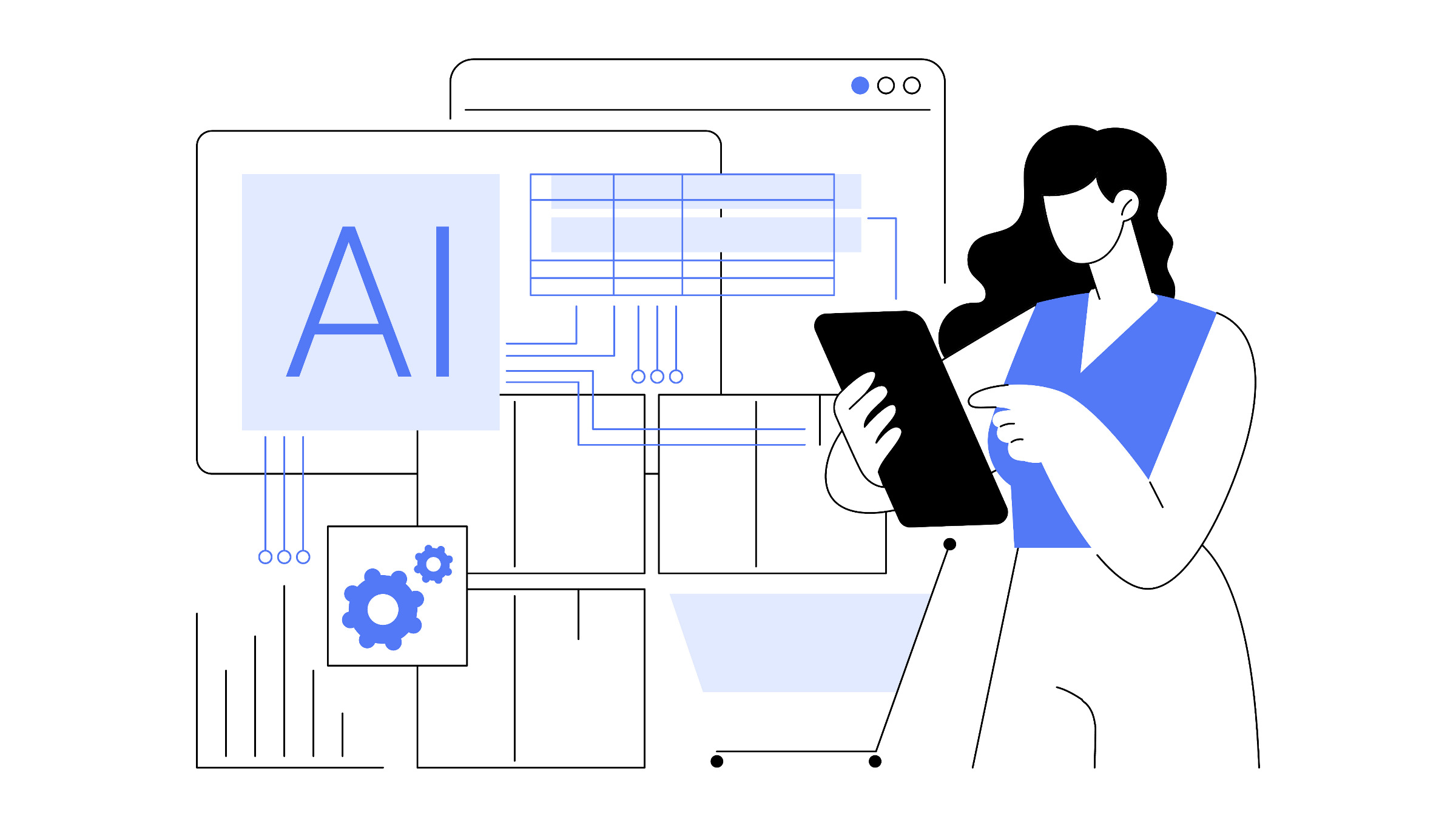
I am asked: "Why don’t you adopt the open-access model?" Good question! Why don’t we?
Wikipedia defines open access publishing as "the publication of material in such a way that it is available to all potential users without financial or other barriers."
The Open Access movement began brewing in the 1990s, becoming fully formed with the October 2003 Berlin Declaration on Open Access to Knowledge in the Sciences and Humanities. Since then, the idea has become a hot topic in the scientific community. The Directory of Open-Access Journals contains over 4,000 publications. Indeed, the idea of unfettered access to scientific knowledge naturally resonates with many researchers, including me. So why doesn’t ACM become an open-access publisher?
First, a point of precision. Open-access experts distinguish between "Gold OA," described earlier, and "Green OA," which allows for open access self-archiving of material (deposit by authors) that may have been published as non-open access. ACM Copyright Policy allows for self-archiving, so ACM is a Green-OA publisher. Still, why doesn’t ACM become a Gold-OA publisher?
The problem with the "information wants to be free" principle is that "free," per se, is not a sound business model. The current implosion of the U.S. newspaper industry certainly testifies to that claim. Having been personally involved with an open-access publication for about five years now, I have come to realize that publishing has real costs. Any publishing business model must account for these costs. Even "free" must be monetized! Google uses advertising to monetize open access, but that does not seem a viable option for scholarly publishing. Many open-access publications have adopted the "author-pays" model, requiring authors to pay thousands of dollars for each published article. The argument in favor of "author pays" is that it maximizes access to published articles, but at the same time this is simply a shifting of costs from readers to authors. Is our community ready for the author-pays model? Would this not create a new inequity between "have" and "have not" authors?
My perspective is that what really propelled the open-access movement was the continuing escalation of the price of scientific publications during the 1990s and 2000s, a period during which technology drove down the cost of scientific publishing. This price escalation has been driven by for-profit publishers. In the distant past, our field had several small- and medium-sized for-profit publishers. There was a sense of informal partnership between the scientific community and these publishers. That was then. Today, there are two large and dominant for-profit publishers in computing. These publishers are thoroughly corporatized. They are businesses with one clear mission—to maximize the return on investments to their owners and shareholders. At the same time, the scientific community, whose goal is to maximize dissemination, continues to behave as if a partnership exists with for-profit publishers, providing them with content and editorial services essentially gratis. This is a highly anomalous arrangement, in my personal opinion. Why should for-profit corporations receive products and labor essentially for free?
As for ACM’s stand on the open-access issue, I’d describe it as "clopen," somewhere between open and closed. (In topology, a clopen set is one that is both open and closed.) ACM does charge a price for its publications, but this price is very reasonable. (If you do not believe me, ask your librarian.) ACM’s modest publication revenues first go to cover ACM’s publication costs that go beyond print costs to include the cost of online distribution and preservation, and then to support the rest of ACM activities. To me, this is a very important point. The "profits" do not go to some corporate owners; they are used to support the activities of the association, and the association is us, the readers, authors, reviewers, and editors of ACM publications. Furthermore, ACM operates as a democratic association. If you believe that ACM should change its publishing business model, then you should lobby for this position.
The bottom line is there are two distinct issues here. The first is the issue of for-profit vs. association publishing. The current relationship between the scientific community and the for-profit publishers makes no sense to me. The second issue is the business model of association publishing, for example, "reader pays" vs. "authors pays." This is a legitimate topic of discussion, as long as we understand that it cannot be separated from the overall business model of the association. Just remember, "free" is not a sound business model.
Moshe Y. Vardi
EDITOR-IN-CHIEF



Join the Discussion (0)
Become a Member or Sign In to Post a Comment